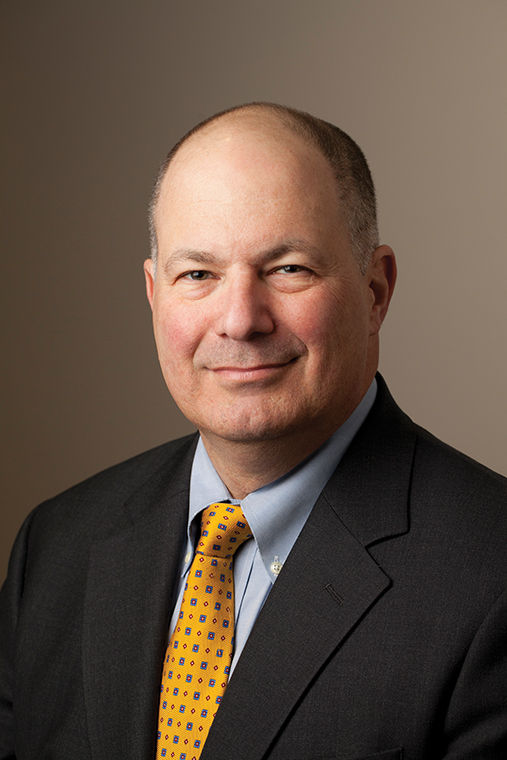Notable Native: David Yellen
Photo Courtesy of David Yellen
David Yellen
April 6, 2015
David Yellen had interesting experiences in some compelling criminal law cases, but few that compare to his job as special master in charge of investigating Chicago’s most notorious instance of police brutality.
Jon Burge, former Chicago Police Department commander—who was responsible for allegedly coercing false confessions out of more than 200 criminal suspects between 1972 and 1991—was released early from prison in October 2014 after serving time for perjury over his role in a 20-year police torture ring.
Cook County Criminal Division Judge Paul P. Biebel Jr. approached Yellen, a professor and dean at Loyola Law School, in March 2014 to identify the inmates Burge imprisoned. With the help of student volunteers, Yellen pinpointed 20 inmates who were innocent victims of Burge’s torture.
The Chronicle spoke to Yellen about the Burge case, his criminal law background and how he gets students involved.
THE CHRONICLE: What is your background in criminal law?
DAVID YELLEN: I practiced law before being a professor, and some of that practice was in criminal law. I also worked in [The] Criminal Justice Policy [Foundation] as a staff attorney for the U.S. House of Representatives Judiciary Committee. As a professor over the years, I wrote a lot about criminal justice and worked on many sentences and appeals in federal criminal cases.
CC: How did you get involved with the Jon Burge case?
I was drawn into it in the sense that Judge Biebel, the presiding judge of the Criminal Court, asked me to play this role as special master. The lawyers whose names you probably have seen in connection with the case filed a lawsuit seeking a point of counsel and new post conviction review for inmates who are still in prison from the ‘90s who were allegedly tortured by Jon Burge or anyone working for him. When they filed that lawsuit, they were seeking a class action, but Judge Biebel ruled that the case didn’t meet the criteria for a class action. He still wanted to get all these cases looked at one time, and that’s when he came to me to see if I would volunteer as a special master to oversee looking for inmates who meet the criteria to receive the appointment of [the] council.
CC: How did you proceed with the case?
The people’s law office had a list of about 30 inmates who they believed might meet the criteria. We started with that list, and then I also talked to the folks at the Illinois Inquiry and Relief Commission and they gave me some names of people who might qualify. I had notices posted in all of the state prisons about my assignment from Judge Biebel, leading out what we were looking for and asking inmates if they had questions or if they thought they might qualify. From that, I got around 500 letters. With all of these people that came to our attention, I had a group of about six or seven students with me at Loyola, and together we sorted through the letters and other information we could gather to try and figure out which cases were plausible enough, then get the court files pulled and review the court files.
CC: What surprised you about the case?
This is a long, almost grinding process of whittling down potential claims. Many of the inmates I heard from did not meet the criteria either because they never alleged they were tortured into confessing, but instead had other complaints about their convictions. The allegations of their torture they were making were from other officers or after Commander Burge was fired. It’s been a great frustration of how much we don’t know about how extensive beyond Jon Burge any of these practices were. My assignment doesn’t extend to anything that happened after he was off the force. I have no idea how many other inmates have legitimate claims but aren’t being represented by lawyers. We don’t generally provide lawyers for people after their conviction and their direct appeal.








